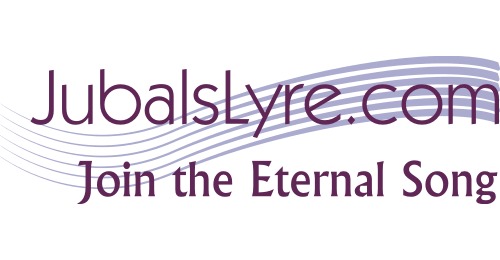
In this Lenten season, it is good for Christians to realize that our world, including our religious world, is a highly sanitized one, especially when compared to past civilizations. We gather in beautiful churches and finely decorated homes and speak, sing, and pray of sacrifice, but we tend to forget that sacrificial laws of the Old Testament were very real and very bloody. If we were able to observe these sacrifices, we would undoubtedly regard them as quite gory and excessive. For instance, Mosaic Law prescribes that during the week-long Feast of Booths, also known as the Feast of Tabernacles, 70 bulls be sacrificed along with many other animals (see Numbers 29). An additional bull was sacrificed the day after the conclusion of the feast. That is 71 bulls in eight days! The Levitical priests were even instructed to sprinkle sacrificial blood on, among other things, the Ark of the Covenant (see Leviticus 16:19), the Tabernacle itself and the Temple vessels (Hebrews 9:21), and even the beautiful and finely crafted garments of the High Priest and those who accompanied him (see Exodus 29:21). Imagine having to wash those stains out on a regular basis. The stains probably never came out, which is perhaps one of the points.
To fully appreciate he sacrificial regulations and what the people and the priests of Israel had to do to atone for their sins, read through Leviticus and Numbers. They make it clear that God takes His law very seriously. Altogether in one year, the people of “Israel would sacrifice 113 bulls, 32 rams, 1,089 lambs, more than a ton of flour, and 1,000 bottles of oil and wine” (see Today’s Light, January-March 2014, St. Louis, Concordia Publishing House, p. 94). There were even laws and regulations to atone for unintentional sins (see Numbers 15:22-31).
In reading through the Mosaic law it becomes very clear how great the burden of the law is, much too great for us fulfill. Isaac Watts (1674-1748) makes this clear in his hymn, “Not All the Blood of Beasts”:
Not all the blood of beasts
On Jewish altars slain
Could give the guilty conscience peace
Or wash away the stain.
But thanks be to Jesus who came and, in the most radical act of all history, took the burden of the law from us (1 Peter 2:24). As our sacrificial Lamb, He took our sin upon Himself (John 1:29). Isaac Watts continues:
But Christ, the heavenly Lamb,
Takes all our sins away;
A sacrifice of nobler name
And richer blood than they.My faith would lay its hand
On that dear head divine
As penitently here I stand,
Confessing guilt is mine.My soul looks back to see
The burden you did bear
When hanging on the cursed tree;
I know my guilt was there.Believing, we rejoice
To see the curse remove;
We bless the Lamb with cheerful voice
And sing his bleeding love.
Or as the Reverend Gerald Coleman says in the song “The Lamb”:
Worthy is the Lamb whose death makes me His own!
The Lamb is reigning on His throne.
Considering the importance of sacrifice in our faith and belief, it is appropriate that an altar remains the focal point of our churches and not a drum set, for instance. Just saying!!!
Music for Lent and Easter by Jubal’s Lyre Music Publishers on www.sheetmusicplus.com.

